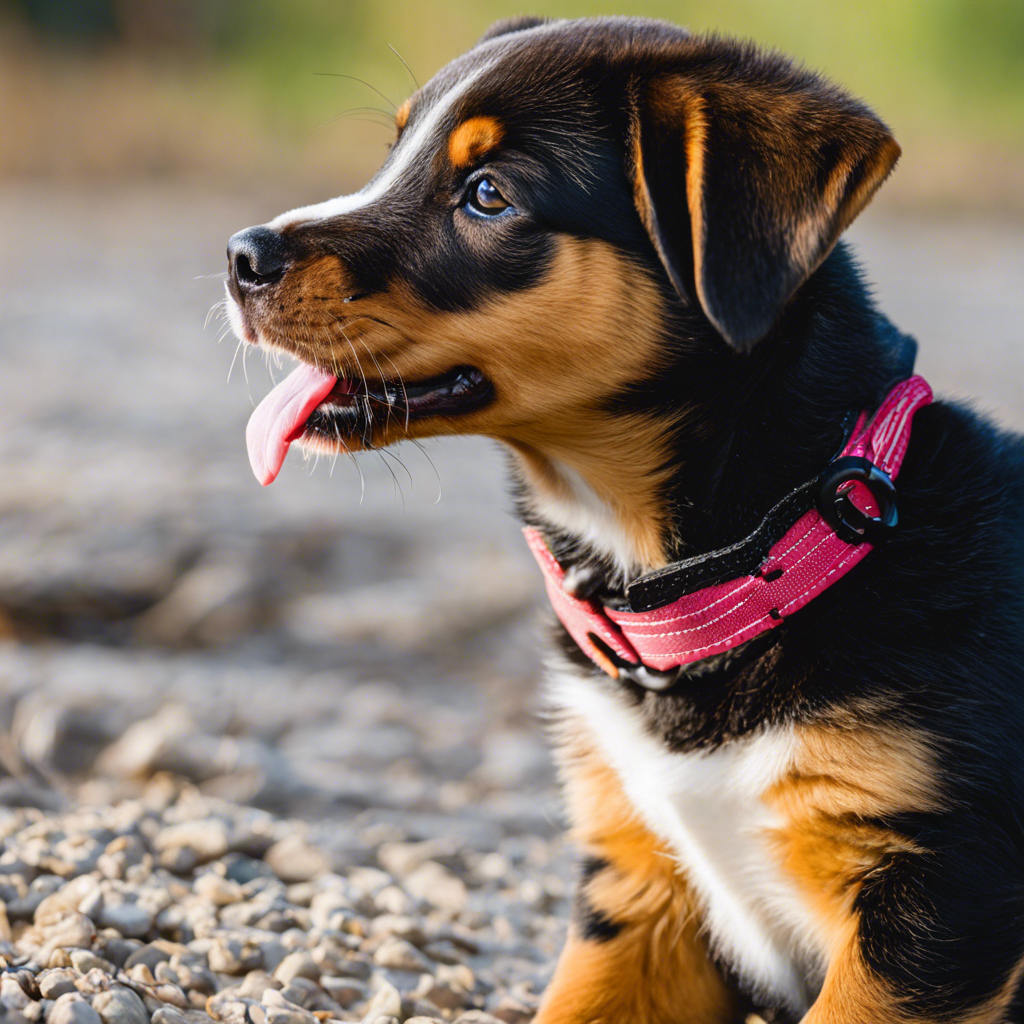Puppies are adorable bundles of energy, but their sharp teeth and playful nipping can be a challenge for new pet owners. Biting and mouthing are natural behaviors for puppies as they explore the world around them, but it’s crucial to teach them bite inhibition to prevent any potential harm. So, how can you train your furry friend to have a gentle mouth? Here’s a comprehensive guide to help you tackle this common puppy behavior.
**Understanding Puppy Biting**
Puppies use their mouths to investigate and play, much like human babies use their hands. This behavior is normal, but it’s essential to establish boundaries to ensure it doesn’t become a problem when they grow up. When puppies play with their littermates, they quickly learn that biting too hard results in a playtime pause. This is their first lesson in bite inhibition. Your role as a pet parent is to continue this education and teach them that gentle mouthing is acceptable, while hard biting is not.
**The Art of Teaching Bite Inhibition**
1. **Set Clear Rules:** Consistency is key. Decide what level of mouthing is acceptable for you and stick to it. Some families allow playful nibbling, while others prefer no teeth-on-skin contact at all. Be clear about your boundaries and enforce them consistently.
2. **Use Positive Reinforcement:** When your puppy bites too hard, respond with a firm “Ouch!” and withdraw your attention for a brief moment. This mimics the reaction of a hurt puppy sibling. Then, when your puppy calms down, praise and play with them again. This teaches them that gentle behavior leads to more fun.
3. **Offer Alternatives:** Provide a variety of chew toys and rotate them regularly to keep things interesting. When your puppy starts biting inappropriately, redirect their attention to a toy. This helps them understand what they can and cannot bite.
4. **Encourage Gentle Play:** Start a game of fetch or tug-of-war to teach your puppy to play with toys instead of hands or clothing. Reward calm, gentle play with treats and praise.
**Puppy Social Skills**
Socializing your puppy is vital for their development. Arrange playdates with well-behaved, vaccinated dogs or enroll them in puppy classes. Through these interactions, puppies learn bite inhibition and good manners from their peers, just as they would from their siblings. Supervise these playdates to ensure they stay safe and positive.
**Be Consistent and Patient**
Training bite inhibition takes time, so be persistent and patient. Puppies learn through repetition, so consistently applying these techniques will gradually teach them to control their bite strength. Remember, they’re not being aggressive; they’re just playing. Your response teaches them the boundaries of acceptable behavior.
**Is My Puppy Teething?**
Much like human babies, puppies go through a teething phase, which can make them chew more frequently. Provide safe, puppy-specific chew toys to soothe their gums. Freeze dampened washcloths or teething rings to offer additional relief.
In conclusion, teaching bite inhibition is a crucial part of puppy parenting. By setting clear boundaries, using positive reinforcement, and providing appropriate outlets for chewing, you can help your furry friend develop gentle mouth manners. With time and patience, your puppy will learn to control their biting and become a well-mannered companion. Enjoy the journey of raising a happy, healthy puppy!

